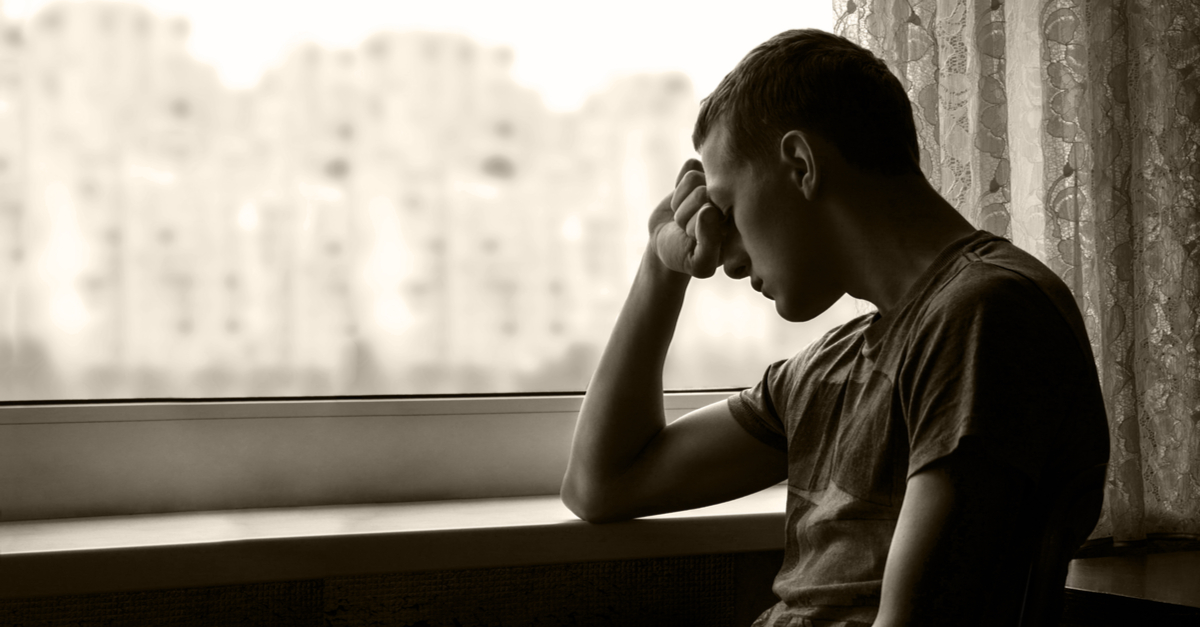The links between early-life trauma, shame, and addiction are well-established. What often goes unrecognized, however, is the powerful role that sexual trauma and sexual shame play in the formation and maintenance of addictions (of all types). For instance, one study found that 42% of teenage boys and 71% of teenaged girls in treatment for substance addiction had experienced overt sexual abuse. Other studies also link childhood sexual abuse to later-life issues with addiction, especially sexual addiction.
Without doubt, childhood sexual abuse, whether single-incident or chronic, leaves its victims with feelings of both confusion and shame. This is true whether the abuse is overt, meaning “hands-on,” or covert, as occurs when a parent “emotionally partners” with a child. Exacerbating matters is the fact that childhood sexual abuse is often coupled with other forms of early-life trauma, such as emotional, psychological, and/or physical neglect and abuse, creating layers of traumatic experience and various forms of shame, though sexual shame is nearly always the most powerful.
Often, sexually shamed children begin to self-medicate their emotional discomfort relatively early in life, usually during adolescence but sometimes even before. After all, body image issues, shame about being looked at and/or touched inappropriately, and feeling “icky” about too much trust and affection can all begin very early in childhood. This process of self-soothing typically involves alcohol and/or drugs, but many children also learn (or are taught) that they can self-soothe with sexual behaviors (including sexual fantasy and masturbation)—usually by eroticizing and reenacting some aspect of their sexual trauma. In fact, self-soothing through eroticized reenactment of trauma is a relatively common response.
Unfortunately, even though they are distracting in the moment, these self-soothing sexual behaviors tend to exacerbate preexisting shame and emotional discomfort, thus creating an even greater need for escape and dissociation. As such, many sexual trauma survivors find themselves mired in an addictive cycle of self-hatred and sexual shame, ameliorated by sexual fantasy and activity, followed by still more self-hatred and sexual shame. Basically, their escapist addictive sexual fantasies and behaviors automatically and inherently trigger the need for more of the same. This is the crux of the self-repeating cycle of sexual addiction.
